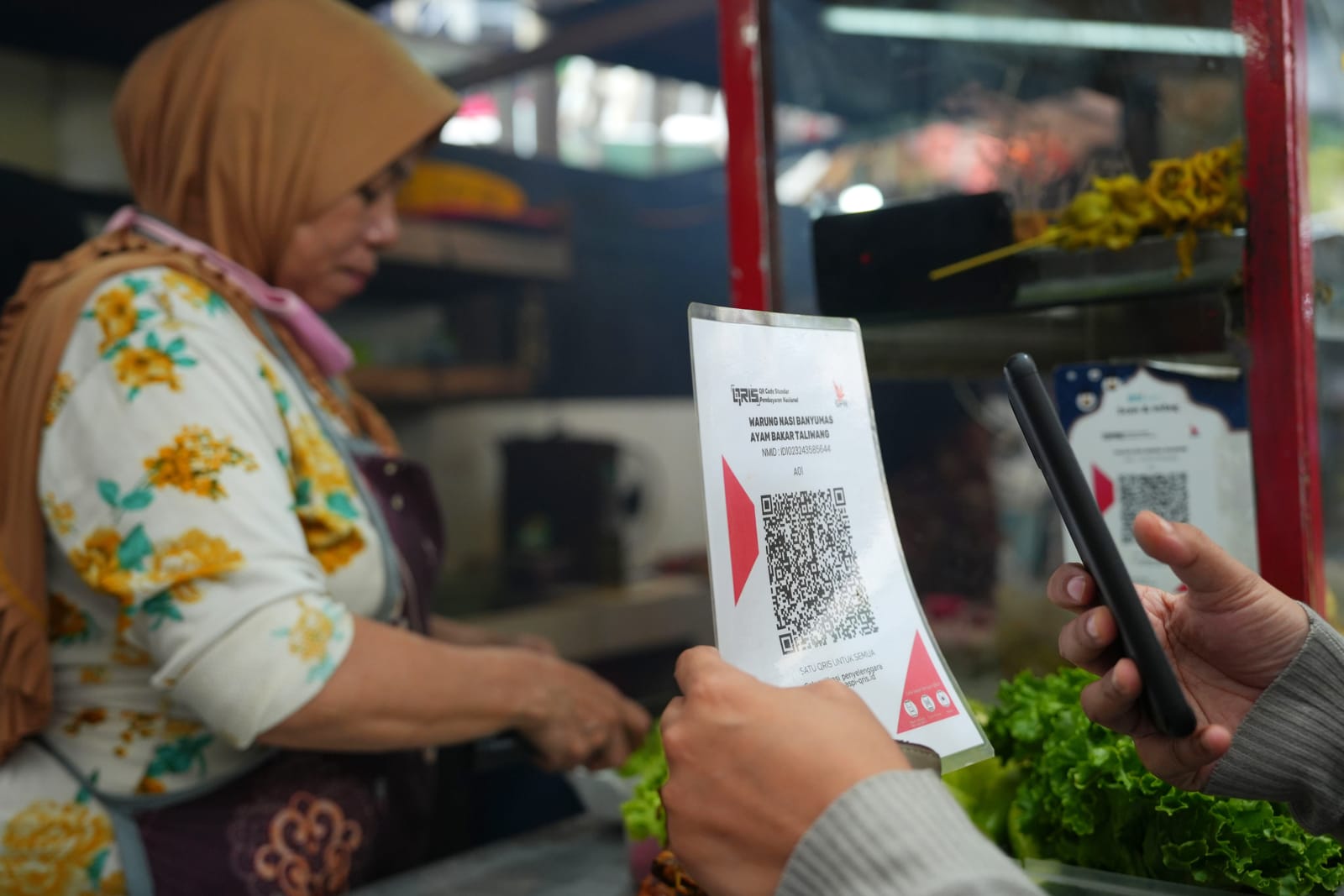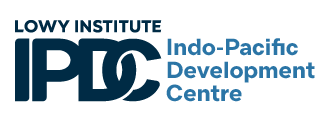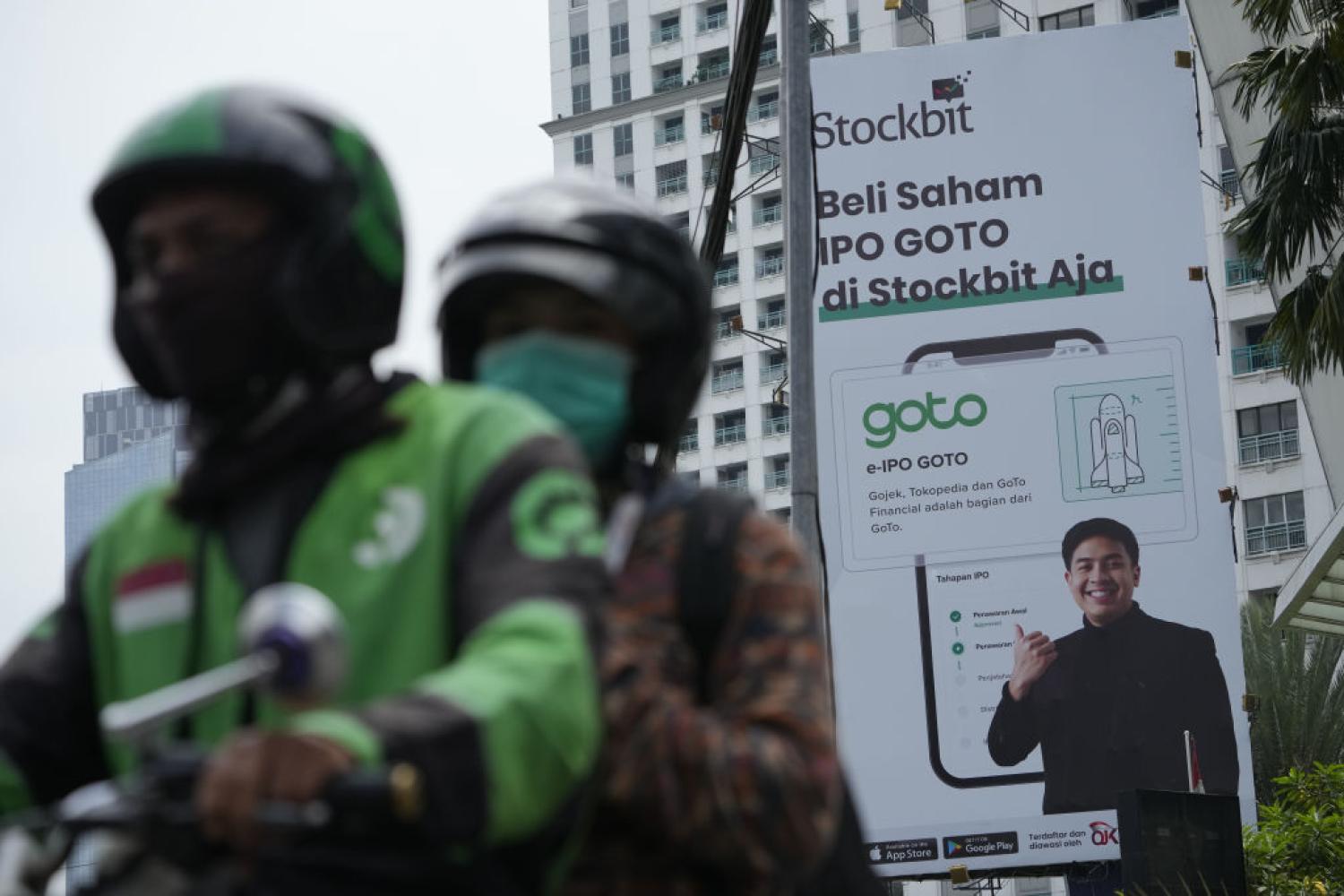Indonesia has made enormous strides in digitalisation. Yet, when people hear about digital success in the emerging world, the conversation turns mostly to India and China. Indonesia is unlikely to get a mention, or at most only in passing.
This is more than a shame – it is a missed opportunity. If the future is digital, then there needs to be greater attention on the lessons emerging from a much wider set of countries.
Indonesia’s digital success is one such example, especially for developing countries looking to tap the benefits of digitalisation for growth and development. Unlike India and China, Indonesia did not have the benefit of an already established tech sector, an especially dynamic business tradition more generally, or leading universities and technical research institutes. Nor has Indonesia been known for particularly innovative government programs.
But in the digital age, Indonesia is thriving – offering potential lessons for other countries that find themselves in a similar starting position. Indonesia has produced its own multi-billion-dollar tech platforms, a home-grown “super-app”, and numerous tech startups. It has one of the fastest-growing e-commerce markets in the world, on track to reach $360 billion in value by 2030. By one estimate, Indonesia ranks sixth in the world in terms of the number of startups with about 2,500 in 2023. Indonesia has also used digitalisation to accelerate inclusive development, reaching the poor with better-targeted social assistance, national identification programs, and financial services.
In contrast to most other countries that primarily rely on foreign platforms and technologies, Indonesia has been able to drive its digital transformation by capitalising on local talent to develop its own platforms and solutions customised meet to the country’s specific needs.
Indonesia’s entrepreneurs have transformed the country’s business landscape, creating new industries and job opportunities – from ride-hailing services such as Gojek to e-commerce platforms like Tokopedia and Bukalapak. These startups offer locally-integrated services (onboarding, transactions, delivery, etc) and use Bahasa Indonesia as the main operating language, making them highly accessible to Indonesian businesses, particularly micro-entrepreneurs, compared to foreign-owned platforms such as Amazon or Alibaba.

What were initially local start-ups have now become billion-dollar companies that continue to grow. Bukalapak went public on the Indonesia Stock Exchange (IDX) with a valuation of $7.5 billion in 2021. GOTO, a merger of Gojek and Tokopedia, has a valuation of about $30 billion and went public in 2022. GOTO’s net revenue in the first quarter of 2023 increased by 123 per cent compared to the same period in 2022. Bukalapak’s revenue increased by 28 per cent. Gojek has 2.7 million driver-partners. By comparison, Uber has 5.4 million drivers worldwide.
Gojek, initially launched as a ride-hailing platform, has evolved into a mobile super-app that integrates more than 20 services and functionalities into a single platform. Offering users a comprehensive and seamless experience, including transport, delivery, e-payments, paylater, insurance, investment, ticket booking, among others. The quintessential super-app is China’s WeChat. WeChat started as a messaging app but quickly expanded its features to include social media, mobile payments, e-commerce, online transportation, and other services. Only a few other countries have been able to create a super-app, including KakaoTalk from South Korea and Grab from Singapore.
GOTO has become ubiquitous in Indonesia as an integral part of daily life for many citizens. Through this, GOTO is both delivering valuable services to consumers and providing opportunities for millions of drivers, traders, and service providers to earn income and grow their business. Annual transaction users are recorded at 63.8 million, with 17.7 million merchants. Research by academics at the University of Indonesia, commissioned by GOTO, estimates that the company contributed about 2.2 per cent ($28.5 billion) to Indonesia’s GDP in 2022.
Indonesia’s government embraces digital solutions to enhance government programs, particularly for the poor and vulnerable, by improving accuracy, monitoring, and reducing fraud. The adoption of e-payments in 2017 revolutionised cash transfer programs, resulting in more than 12 million of the poorest Indonesians gaining access to savings accounts within two years, promoting financial inclusion. Biometric authentications and digital ledger technology are in the pipeline for further development.
Better data collection through digitalisation means almost the entire Indonesian population now has a national ID. Personal information, facial photos and biometrics are securely stored in a national data centre. Opening a new financial account requiring verified personal data can now be completed in minutes. Digital IDs are under preparation and will do away with the need for physical ID cards – boosting inclusive digitalisation.
To be sure, Indonesia still faces significant challenges. Internet speed and access remain an issue. A digital divide between richer and poorer households persists. Digital literacy remains low and digitisation among micro and small businesses still has a long way to go. National data recording is also fragmented across many government agencies, while gaps remain in key supporting legislation and regulations.
Indonesia’s digitalisation is, in other words, still an ongoing project. But the progress Indonesia has made, especially its success with locally developed solutions, and where it goes next warrant more attention.


